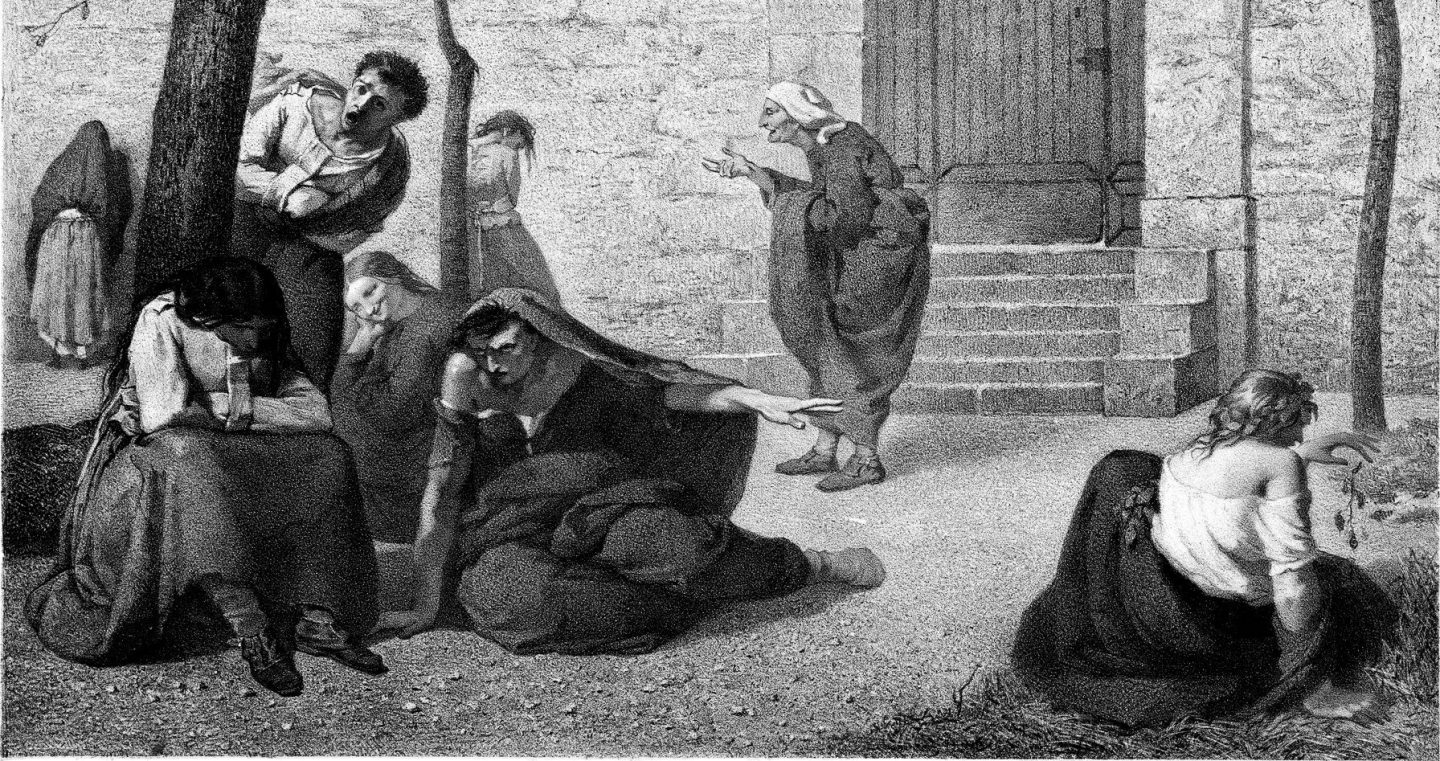Recovery Through Rhythm: How Drumming Can Alleviate Depression
When trying to stave off depression, it’s important to experiment with different possible methods of amelioration. There is no single panacea for poor mental health. One solution may work for one individual but not for another. Some people also require a specific combinatory approach that works best for them. In managing my own depressive episodes…
View Post



